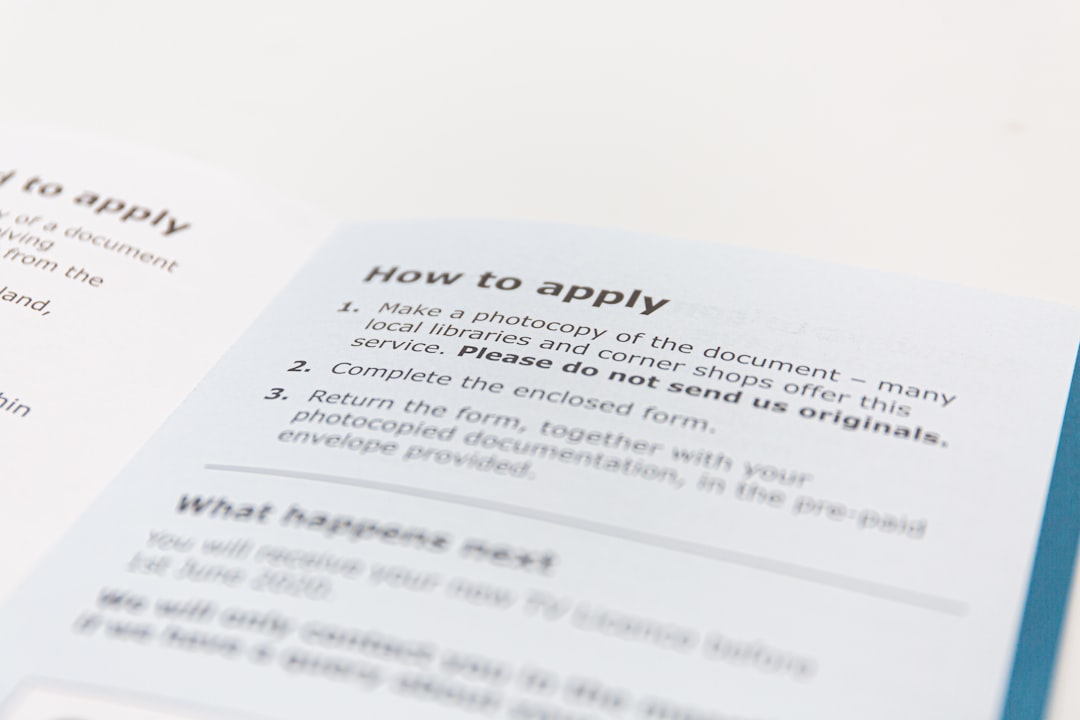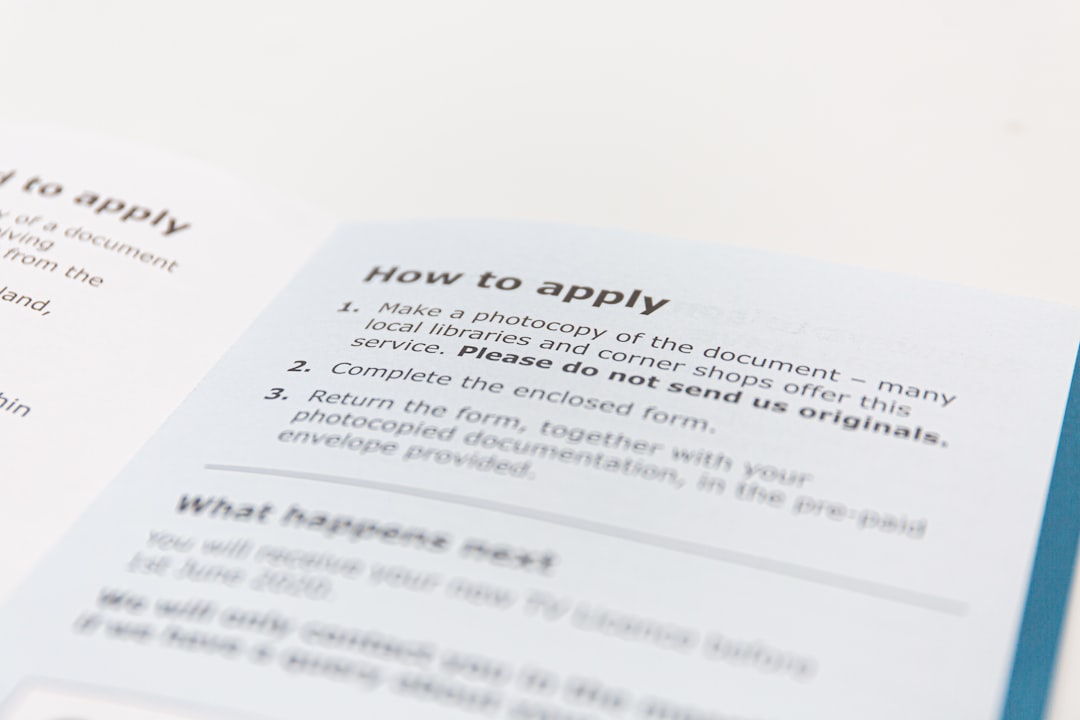At Allianze HR Consultancy, we’ve successfully placed 10,000+ professionals across UAE, Saudi Arabia, Qatar, and Kuwait. Furthermore, our 5+ years of GCC expertise supports clients from 50+ countries. Moreover, our Ministry of External Affairs (India) RA license ensures compliance. Therefore, contact our recruitment specialists for expert guidance.
Understanding GCC Recruitment Requirements
Qatar’s labor market operates under specific regulatory frameworks. First, the Ministry of Administrative Development, Labor and Social Affairs (ADLSA) oversees employment regulations. Additionally, various sector-specific authorities enforce technical standards. Moreover, understanding these hierarchies prevents compliance issues during talent acquisition.
Engineering recruitment involves multiple verification stages. For example, credential authentication requires particular attention. Furthermore, technical certifications must meet Qatari standards. Therefore, employers should verify qualifications through proper channels. Additionally, professional engineering licenses might require local equivalency assessments.
- Qatarization policies and national workforce development priorities
- Sector-specific regulatory bodies for oil, gas, and construction
- Educational credential verification and attestation procedures
- Professional qualification equivalency assessment requirements
- Work visa categories and eligibility criteria for engineers
- Medical fitness standards and testing protocols
International recruitment follows specific protocols. Consequently, understanding bilateral agreements proves crucial. Moreover, some nationalities face different processing requirements. Therefore, consult updated U.S. Department of Commerce trade resources for current regulations. Additionally, partner with experienced recruitment firms for accurate guidance.
Compliance Checklist for Hiring Strategic Overview
A systematic compliance checklist for hiring ensures thorough preparation. First, document collection represents the initial phase. Moreover, proper documentation prevents processing delays. Therefore, create comprehensive checklists for each recruitment stage. Additionally, maintain organized records for audit purposes.
Strategic planning involves multiple departmental coordination. For instance, HR must collaborate with technical managers. Furthermore, legal teams should review employment contracts. Meanwhile, procurement departments handle fee payments. Consequently, establishing clear workflows streamlines the entire process.
- Pre-recruitment documentation and approval gathering
- Candidate sourcing and preliminary screening protocols
- Technical assessment and interview coordination procedures
- Offer letter preparation and contractual compliance verification
- Visa processing and medical examination coordination
- Onboarding and orientation program development
Implementation requires careful monitoring. Therefore, assign dedicated compliance officers. Moreover, establish clear communication channels. Additionally, utilize project management tools for tracking. Consequently, systematic approaches minimize errors and delays throughout the staffing process.
Legal Framework and Compliance Standards
Qatar’s Labor Law (Law No. 14 of 2004) governs employment relationships. Furthermore, subsequent amendments address evolving market needs. Moreover, sector-specific regulations apply to engineering roles. Therefore, comprehensive legal understanding prevents violations and penalties.
Contractual requirements include specific mandatory provisions. For example, working hours and overtime calculations must follow legal standards. Additionally, leave entitlements and end-of-service benefits require precise calculation. Moreover, dispute resolution mechanisms should be clearly outlined. Consequently, legal review ensures contractual compliance.
- Qatar Labor Law fundamental provisions and employer obligations
- Ministerial decisions impacting foreign workforce recruitment
- Wage Protection System requirements and implementation
- Health and safety regulations for engineering workplaces
- Data privacy requirements and employee information protection
- Intellectual property rights and confidentiality obligations
International standards complement local regulations. Therefore, consult International Labour Organization guidelines for best practices. Additionally, industry-specific standards might apply to piping engineering. Moreover, understanding these layered requirements ensures comprehensive compliance across all operational aspects.
Compliance Checklist for Hiring Best Practices
Implementing a compliance checklist for hiring effectively requires strategic approaches. First, establish clear documentation protocols. Moreover, standardized templates ensure consistency. Therefore, develop comprehensive checklists for each recruitment phase. Additionally, digital tracking systems enhance monitoring capabilities.
Verification processes demand meticulous attention. For instance, educational credentials require proper attestation. Furthermore, professional licenses need validation from issuing authorities. Meanwhile, employment history verification prevents misrepresentation. Consequently, systematic verification protects organizational interests.
- Document authentication through proper diplomatic channels
- Background check procedures and verification methodologies
- Medical screening coordination with approved facilities
- Visa application preparation and submission protocols
- Employment contract review and legal compliance verification
- Onboarding documentation completion and filing procedures
Continuous improvement ensures ongoing compliance. Therefore, regularly update checklists based on regulatory changes. Moreover, conduct internal audits to identify gaps. Additionally, provide staff training on updated requirements. Consequently, proactive approaches maintain compliance excellence in workforce management.
Documentation and Processing Steps
Document collection represents the foundation of compliance. First, gather candidate personal documents including passports and photographs. Moreover, educational certificates require proper attestation. Additionally, professional credentials need verification from relevant bodies. Therefore, establish clear documentation requirements early.
Processing involves multiple government interactions. For example, work permit applications require employer documentation. Furthermore, visa processing follows specific sequences. Meanwhile, medical examinations occur at approved facilities. Consequently, understanding procedural sequences prevents processing delays.
- Passport copies with minimum validity requirements
- Educational certificates with proper attestation stamps
- Professional experience certificates from previous employers
- Medical fitness certificates from approved health centers
- Employment contract with all mandatory provisions
- Employer commercial registration and establishment card
Coordination with authorities demands precision. Therefore, follow UAE government employment regulations for regional context. Additionally, maintain organized records for all submissions. Moreover, track processing stages systematically. Consequently, proper documentation management ensures smooth progression through all bureaucratic requirements.
Compliance Checklist for Hiring Implementation Timeline
Executing a compliance checklist for hiring follows specific timeframes. First, document preparation typically requires 1-2 weeks. Moreover, verification processes add additional time. Therefore, realistic planning prevents project delays. Additionally, accounting for seasonal variations improves accuracy.
Government processing involves predictable sequences. For instance, work permit approval usually takes 5-10 business days. Furthermore, visa issuance follows additional processing. Meanwhile, medical screening requires appointment scheduling. Consequently, understanding these sequences enables accurate timeline projections.
- Document collection and verification: 7-14 days
- Work permit application and approval: 5-10 business days
- Entry visa processing and issuance: 3-7 business days
- Medical examination and results: 2-5 business days
- Residence permit processing: 10-15 business days
- Total estimated timeline: 4-8 weeks
External factors influence processing speed. Therefore, monitor World Bank labor market reports for regulatory trends. Additionally, maintain flexibility for unexpected delays. Moreover, establish contingency plans for critical positions. Consequently, proactive timeline management ensures staffing continuity.
Common Challenges and Solutions
Documentation issues frequently cause delays. First, attestation gaps create processing obstacles. Moreover, translation requirements add complexity. Therefore, verify document requirements thoroughly. Additionally, utilize professional services for authentication processes.
Regulatory changes present ongoing challenges. For example, visa policy adjustments impact processing. Furthermore, quota modifications affect recruitment planning. Meanwhile, certification requirements evolve periodically. Consequently, staying informed prevents compliance gaps.
- Document authentication delays and expedited processing options
- Medical test failures and alternative candidate sourcing
- Visa rejection scenarios and appeal procedures
- Contract negotiation challenges and resolution strategies
- Candidate withdrawal situations and replacement protocols
- Regulatory change adaptation and compliance adjustment
Proactive approaches mitigate common issues. Therefore, maintain updated knowledge through World Health Organization workplace standards. Additionally, establish relationships with processing authorities. Moreover, develop contingency recruitment plans. Consequently, prepared organizations navigate challenges effectively.
Expert Recommendations for Success
Strategic partnerships enhance compliance outcomes. First, engage experienced recruitment consultants early. Moreover, legal counsel provides essential guidance. Therefore, multidisciplinary approaches yield best results. Additionally, established networks facilitate smoother processing.
Technology integration improves efficiency. For instance, digital document management systems enhance organization. Furthermore, automated tracking provides real-time status updates. Meanwhile, electronic verification accelerates processes. Consequently, technological adoption streamlines compliance management.
- Partner with specialized recruitment firms for engineering roles
- Implement digital document management and tracking systems
- Conduct regular compliance audits and process reviews
- Provide ongoing staff training on regulatory updates
- Develop contingency plans for critical position recruitment
- Establish clear communication protocols with all stakeholders
Continuous improvement maintains compliance excellence. Therefore, regularly review our professional recruitment resources for updated information. Additionally, benchmark against industry best practices. Moreover, solicit feedback from successful placements. Consequently, evolving strategies ensure ongoing recruitment success.
Frequently Asked Questions About Compliance Checklist for Hiring
What is the timeline for compliance checklist for hiring?
Timeline typically ranges 4-8 weeks depending on country requirements. Furthermore, documentation preparation affects processing speed. Therefore, consult our specialists for accurate estimates.
What documentation is required for recruitment process?
Required documents include employment contracts, visa applications, medical certificates, and educational credentials. Additionally, country-specific requirements vary. Moreover, attestation procedures apply.
What are typical costs for talent acquisition?
Costs vary by position level, country, and volume. Furthermore, visa fees, medical screening, and documentation affect total investment. Therefore, request detailed quotations from recruitment partners.
How does Allianze HR ensure compliance?
We maintain Ministry-approved RA license status. Additionally, our team monitors GCC labor law changes. Moreover, we conduct thorough documentation verification at every stage.
Which GCC countries does Allianze serve?
We provide recruitment services across UAE, Saudi Arabia, Qatar, Kuwait, Bahrain, and Oman. Furthermore, our South Asian talent network spans India, Nepal, Bangladesh, and Pakistan.
What industries does Allianze specialize in?
Our expertise covers construction, hospitality, healthcare, facilities management, manufacturing, and technical services. Additionally, we handle both skilled and semi-skilled recruitment.
Partner with Allianze HR for Recruitment Success
Implementing a thorough compliance checklist for hiring protects your organization while ensuring successful talent acquisition. Furthermore, systematic approaches prevent costly errors and delays. Moreover, professional guidance enhances outcomes significantly. Therefore, partnering with experienced recruitment firms provides strategic advantage.
Allianze HR brings extensive GCC recruitment expertise to your projects. Additionally, our established processes ensure regulatory compliance at every stage. Moreover, our talent network provides access to qualified piping engineers. Consequently, we deliver efficient, compliant staffing solutions.
Begin your compliant recruitment journey today. schedule consultation appointment with our specialists. Furthermore, access our comprehensive resources for ongoing support. Moreover, leverage our regional expertise for your staffing success. Therefore, take the first step toward streamlined, compliant engineering recruitment.




